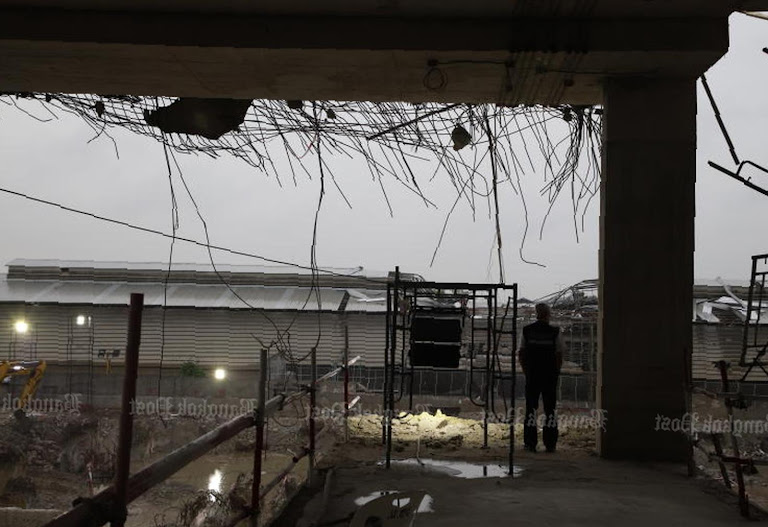Bangkok Tower Collapse: Two Forgotten Lives Expose Deadly Price of Progress
Unidentified victims of progress: Bangkok collapse exposes a system prioritizing profit over safety and human life.

The closure of the Bangkok identification center, meant to bring an end to the grim aftermath of the State Audit Office tower collapse, doesn’t offer resolution. It offers a question: What price are we willing to pay for progress, and who decides who pays it? Ninety-three names reclaimed from the wreckage, families granted the terrible solace of recognition. But two remain, anonymous casualties, their stories silenced, their very existence a discomforting void in the official narrative. This isn’t just a tragedy; it’s a ledger, meticulously balanced except for the lingering debt of two forgotten lives.
Pol Gen Thanayut Wutthijarathamrong, acting deputy police chief, extended gratitude to the identification teams. A commendable sentiment, but one that rings hollow against the backdrop of systemic failure. The Bangkok Post reported the 30-storey building succumbed to the aftereffects of the March 28th earthquake centered in Myanmar.
The centre confirmed the identities of 93 bodies and all of them were returned to their loved ones. Two bodies remain unidentified.
Prime Minister Paetongtarn Shinawatra cited “deficiencies in its design and construction” as the cause. An assessment that, while technically defensible, feels like a calculated evasion. Buildings don’t simply collapse; they are collapsed by choices: choices about materials, about oversight, about which regulations to prioritize and which to quietly ignore. Natural disasters can expose vulnerabilities, but they rarely create them in a vacuum. The choices made well before the earthquake set the stage for this particular tragedy.
Southeast Asia’s explosive urban development is frequently lauded as a triumph of modernization. Bangkok, like many regional capitals, is caught in a relentless race for foreign investment and prestige. But this ambition frequently overshadows vital safety measures and rigorous building code enforcement. The siren song of profit, coupled with relentless deadlines, creates fertile ground for corner-cutting and compromised safety standards. Consider the fact that enforcement of existing building codes across Thailand is notoriously decentralized, with varying levels of resources and expertise at the local level — a structure ripe for exploitation.
This collapse is a symptom of a much deeper malady: a governance system that struggles to reconcile economic aspirations with basic human safety. As Naomi Klein articulated in The Shock Doctrine, moments of crisis can be weaponized to advance policies that disproportionately benefit powerful actors, often at the expense of the vulnerable. The question now is whether this tragedy will catalyze meaningful reform in Thailand’s construction industry, or will it serve as a justification for further deregulation and privatization, masking the core issues of accountability and oversight?
The 1995 Sampoong Department Store disaster in Seoul, claiming over 500 lives, offers a stark parallel. Beyond the immediate grief, that collapse triggered a period of painful self-reflection and ultimately led to significant reforms in building safety. But it also revealed the deeply entrenched nexus of corruption and political influence that had allowed the store to operate with flagrant disregard for safety standards. Will Thailand confront its own uncomfortable truths with similar resolve, or will the lessons of the State Audit Office tower remain lost in the noise of development?
It’s tempting to frame this as a localized event, an isolated misfortune. But the underlying pressures — the relentless pursuit of rapid development, the corrosive influence of corruption, the implicit devaluation of human life in the name of progress — are universal. The Bangkok collapse is a global warning, a chilling reminder that progress, untethered from ethical considerations and rigorous oversight, extracts a terrible toll. And that our collective failure to address these systemic issues is embodied in those two unclaimed bodies, a perpetual accusation against our priorities. They are not just unidentified victims; they are the price we collectively paid, and continue to pay, for a system that prioritizes profit over people.









